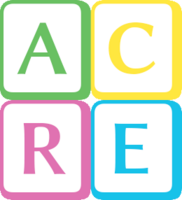Crystal Reports Mini-Courses
Looking to upgrade your Crystal Reports skills?
We offer a series of small-group mini-courses with a set curriculum, that are designed for report designers to hone their skills in a particular focus area.
These small group seminars are intended for people who are already familiar with developing reports in Crystal Reports.

Difficulty: 🔴🔴⭕⭕⭕
This 3-hour mini-course is intended to reinforce and build your understanding of how to handle dates in your reports. We cover dates and date-times, discrete dates and date ranges. We will review formulas like dateadd() and datediff(), and provide some new toys to play with too.

Note: This course is not specific to Crystal Reports
Difficulty: 🔴🔴⭕⭕⭕
This 3-hour mini-course is a dive into the HIFIS tables and views. We give you an orientation to the most important tables in HIFIS and the associated views. The course also guides you through a typology of the other tables, including lookup tables, connector tables, subscription tables, and so on, turning the 550+ tables into a much more manageable number.
Note: This course is not specific to Crystal Reports
Difficulty: 🔴🔴⭕⭕⭕
This 3-hour mini-course is a dive into the HIFIS tables and views. We give you an orientation to the most important tables in HIFIS…
Looking for more?
The Data Wrangling Project
Our Data Wrangling Project includes a variety of pre-configured views, all with the goal of making it easier for you to manage your own data and make your own reports.




